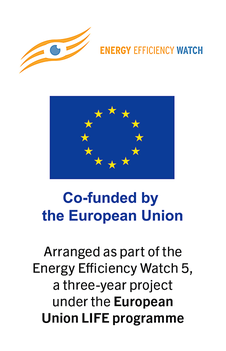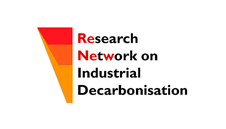Search eceee proceedings
Re-industrialisation and low carbon economy – can they go together? Results from transdisciplinary scenarios for energy intensive industries
Panel: 4. Undertaking high impact actions: The role of technology and systems optimisation
This is a peer-reviewed paper.
Authors:
Clemens Schneider, Wuppertal Institute for Climate, Environment, Energy, Germany
Stefan Lechtenböhmer, Wuppertal Institute for Climate, Environment & Energy, Germany
Samuel Höller, Wuppertal Institute for Climate, Environment & Energy, Germany
Abstract
This paper draws upon an extensive transdisciplinary scenario development in the context of the stakeholder oriented preparation of the climate protection plan of the German federal state North Rhine-Westphalia, which is the most important heavy industry cluster in Europe. In that context we developed differentiated bottom up GHG mitigation strategies and scenarios for energy intensive industries together with representatives of industry as well as society.
We combine optimistic industrial growth assumptions with three different technological pathways in order to analyse which technologies would be needed to achieve the EU Commission’s vision of a re-industrialisation simultaneously with the long term targets of its Low Carbon Economy Roadmap and which role energy efficiency has to play in this context:
• In the first scenario current best available technologies help increase energy efficiency but are overcompensated by economic growth.
• In the second scenario break-through technologies for a decarbonisation of industry are assumed, which lead to a fuel shift towards electricity and hydrogen produced by excess renewable electricity.
• Alternatively CO2 capture and storage for steel, cement and lime plants is analysed. This strategy leads to higher energy demand but achieves the highest mitigation levels.
All pathways are coupled with an ambitious renewable electricity scenario within an integrated energy system model for Germany where power plant use and primary energy consumption are modelled depending on electricity and hydrogen demand with a time resolution of one hour.
Our results indicate the importance of successful development and implementation of break-through technologies in industry if growth and climate mitigation are to be achieved. They, however, also show that technological potentials have their limitations. This means that on a global scale limiting production and consumption of basic materials could become critical for a low carbon society.
Downloads
Download this presentation as pdf: 4-082-14_Schneider_pre.pdf
Download this paper as pdf: 4-082-14_Schneider_PR.pdf
Panels of
1. Programmes to promote industrial energy efficiency
2. Sustainable production design and supply chain initiatives
3. Matching policies and drivers: Policies and directives to drive industrial efficiency
4. Undertaking high impact actions: The role of technology and systems optimisation
5. The role of energy management systems, education, outreach and training
6. Business models to improve industrial efficiency, global perspective














